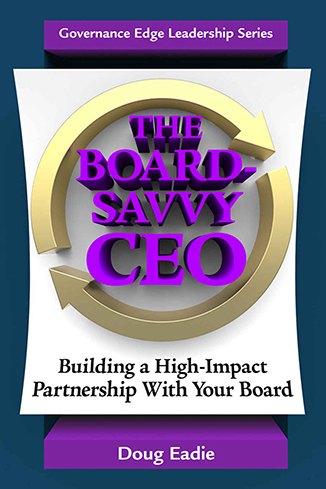Innovation planning and management has been a major theme at this blog, so I’m pleased to feature CEO Michael Terry’s leadership at the Indianapolis Public Transportation Corporation (known as “IndyGo”). IndyGo has been blazing trails on the health and wellness front for the past decade under Mike’s leadership. In the podcast that Mike and I recently recorded for this blog, Mike describes a number of significant innovation initiatives in the health and wellness area that IndyGo has successfully implemented on his watch, including a comprehensive employee wellness program and an on-site primary care clinic.
As our readers well know, significant organizational change tends not to happen, and CEOs who would spearhead change face a daunting challenge. Perhaps the most formidable barrier to large-scale innovation and change is normal human resistance to altering familiar – and often quite comfortable – structures and practices. Other hurdles include lack of technical know-how, insufficient resources, inadequate board backing, and executive inattention. So how did IndyGo beat the odds in the notoriously complex area of health care?
The following 6 factors emerge from Mike’s podcast as most critical to IndyGo’s successful innovation in the health and wellness arena:
- Comprehensive planning based on meticulous research: addressing both the cost of health care and the well-being of IndyGo’s employees and their dependents
- Strong, visible, continuous CEO involvement in the health and wellness arena: a far cry from the tendency of many CEOs to make a rhetorical commitment to change and then disappear from the scene while subordinates deal with the nuts and bolts of implementation.
- Avoidance of the one-fell-swoop approach to innovation: pacing implementation of change initiatives to avoid overextension and technical missteps.
- An effective communication strategy aimed at fostering widespread employee understanding of health and wellness initiatives and allaying employees’ fears (for example, of personal health information being used against them).
- A highly representative employee wellness committee: serving as a vehicle not only for surfacing employee concerns, but also for educating employees on the various facets of IndyGo’s health and wellness program.
- And strong Board backing, based on regular CEO briefings and well-orchestrated engagement at a strategic – rather than operational – level






